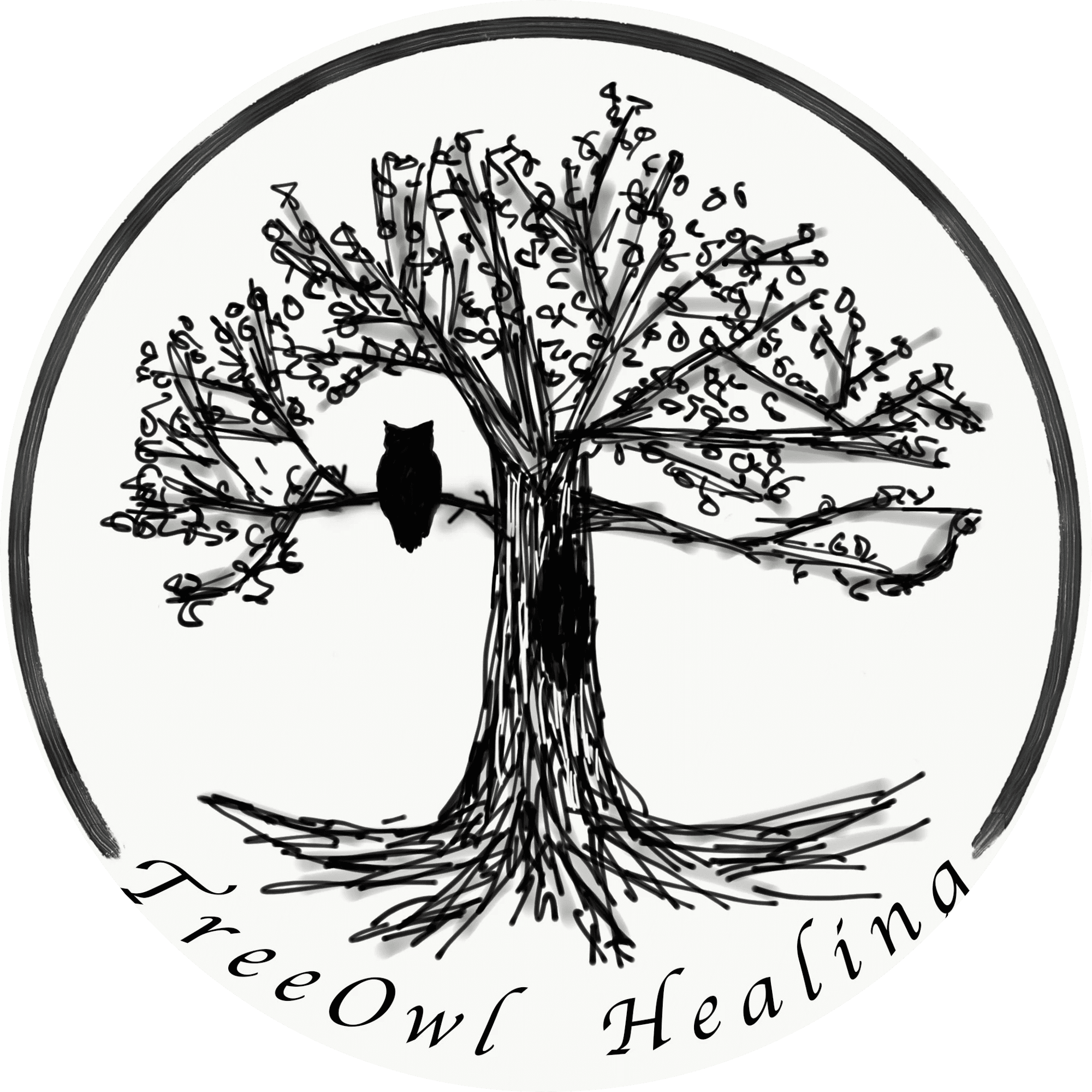
All About Chaga

Chaga mushroom (Inonotus obliquus) is a unique fungus that grows on birch trees in the Northern Hemisphere, including Europe, Asia, and North America. This mushroom has a long history of use in traditional medicine among indigenous peoples of Siberia, China, and Japan, where it was often brewed as a tea or decoction for its therapeutic benefits.
One of Chaga’s most notable attributes is its high antioxidant content, which helps protect the body from oxidative stress caused by free radicals. Free radicals are unstable molecules that can damage cells and contribute to chronic diseases such as cancer, heart disease, and Alzheimer's (Healthline, 2021). Chaga’s antioxidant power is largely attributed to its polysaccharides, complex sugars that support immune function and reduce inflammation (Li et al., 2016).
Additionally, Chaga has shown potential benefits for blood sugar regulation. Research indicates that Chaga can help lower blood sugar levels and improve insulin sensitivity, which could be advantageous for individuals managing diabetes (Liu et al., 2016). It is also used to alleviate symptoms of cold and flu, providing gentle support during illness (Healthline, 2021).
One of the standout components of Chaga is betulinic acid, which has demonstrated anti-cancer properties. Betulinic acid may prevent the growth and spread of cancer cells by promoting apoptosis, a process that leads to the death of damaged or abnormal cells (National Cancer Institute, 2020).
Other potential benefits of Chaga include reducing inflammation, promoting healthy digestion, and enhancing mental clarity and focus. It is also used as a natural remedy for skin conditions like eczema and psoriasis (Wang et al., 2014).
Despite these promising benefits, it is important to approach Chaga with caution. More research is needed to fully understand its effects, and individuals should consult with healthcare professionals before using Chaga, as it may cause allergic reactions, digestive issues, or interact with certain medications (Healthline, 2021).
References:
- Healthline. (2021). Chaga Mushroom Benefits and Uses. Retrieved from Healthline.
- Li, Y., Zhang, X., & Wang, S. (2016). Antioxidant activity of polysaccharides from Chaga (Inonotus obliquus) mushroom. Journal of Medicinal Food, 19(4), 348-355.
- Liu, J., Xu, J., & Zhang, L. (2016). Effects of Chaga mushroom on blood glucose levels and insulin sensitivity. Journal of Diabetes Research, 2016, 1-8.
- National Cancer Institute. (2020). Betulinic Acid. Retrieved from National Cancer Institute.
- Wang, S., Wang, Y., & Liang, X. (2014). The role of Chaga mushroom in skin health and disease. International Journal of Medicinal Mushrooms, 16(2), 131-138.
Any information or words I provide are for informational purposes only and should not be considered a substitute for professional medical advice, diagnosis, or treatment. I am not approved by the FDA to provide any medical advice or recommendations.
Let’s Connect
An email will be sent to the owner
Get In Touch!
Send us an email
[email protected]